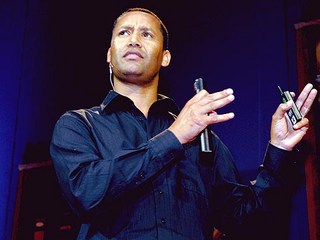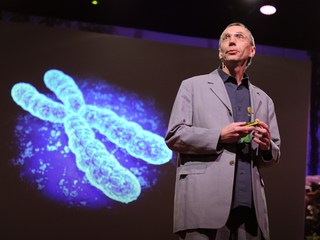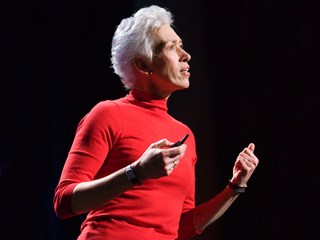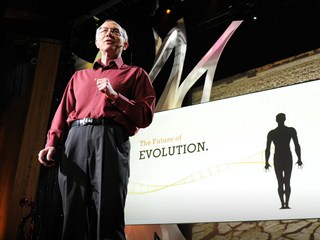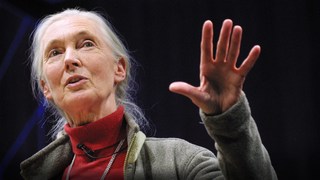Summary analysis
After watching the collection of talks on What Makes Us Human?, read a thoughtful recap of the major points in this TED Study, and learn where experts believe things are headed.
Putting it together
What makes us human? Ever since humans have pondered their own existence, no simple answer to this question has sufficed, and for good reason: it's a remarkably complex question due to our remarkably complex biocultural evolution. In the past century alone, simple explanations of our complex behaviors have ranged from the product of a single gene to the inner workings of a mind that is a blank slate, and all points in between. Can a greater consensus regarding an answer to the question ever be reached? I believe it's a critically important question to answer, and worth the effort.
I'll begin with my own area of anthropology as an example of one of many possible starting points. One hallmark of the anthropological approach has always been a holistic perspective, bringing together knowledge from diverse areas to understand humanity. But much like the question "What makes us human?", practicing holism is far more complex and difficult than it seems. It's challenging enough to remain up to speed within one's own subfield (archaeological, biological, cultural, and linguistic) of anthropology, let alone master other subfields and even other disciplines. As a result, scholars normally focus on specific questions within specific areas, and it is easy to lose sight of bigger questions, even when one's own research can contribute significantly.
Furthermore, although academic departments often work well for organizational purposes, big questions cut across departments, programs, and campuses. Thus colleges and universities have of late stressed the importance of "interdisciplinary," "multidisciplinary" and "transdisciplinary" research.
Readers will note that I've framed my thoughts largely in anthropological and academic terms, a bias which should not startle many given that I'm an anthropologist who works at a university. However, I also fully recognize that some of the most significant insights about human nature come from outside of academia—and so a truly integrative approach can't be limited to recognized scholars or to established disciplines. A Ph.D. is not required to enter the discussion. Tickets are free for anyone with a rigorous, open, and tolerant mind.
If you have that ticket, and wish to work through this essay and the question "What makes us human?" a bit on your own, explore the summary activities that follow.
